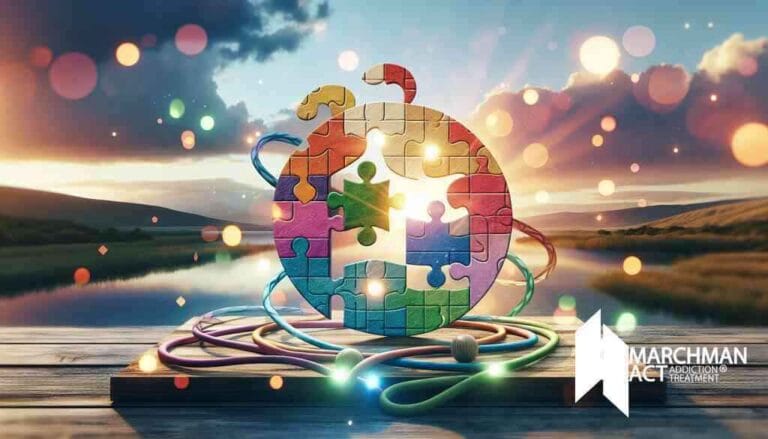Blog Category
Substance Abuse
Browse our substance abuse articles for expert insights, guidance, and resources from MarchmanAct.com.

Marchman Act Treatment’s Impact on NA Meetings Effectiveness
Navigating the Intersection of Legal Mandates and Recovery Journeys Illuminating the Marchman Act The Marchman Act is a critical piece…
Read Article
How Does the Marchman Act Reduce the Risk of Substance Relapse?
Unveiling the Power of the Marchman Act Understanding the Marchman Act: A Legal Lifeline The Marchman Act shines as a…
Read Article
How Marchman Act Addiction Treatment Eases Family Burdens
Unveiling the Marchman Act: A Lifeline for Families The Essence of the Marchman Act: Understanding Involuntary Treatment The Marchman Act…
Read Article
Marchman Act’s Influence on Modern Addiction Treatment Protocols
Unveiling the Marchman Act: A Paradigm Shift in Addiction Treatment Historical Context and Evolution of the Marchman Act The Marchman…
Read Article
Understanding How the Marchman Act Reshapes Substance Abuse Care
Unveiling the Marchman Act: A Beacon of Hope for Substance Abuse Intervention Origins and Evolution: The Story Behind the Marchman…
Read Article
Top 5 Strategies to Leverage Marchman Act in Recovery
Unlocking the Potential of the Marchman Act Introduction to the Marchman Act: A Lifeline for Addiction Recovery The Marchman Act…
Read Article
Exploring Advanced Marchman Act Options Near St. Petersburg
Unveiling the Marchman Act: A Gateway to Recovery Understanding the Marchman Act and Its Legal Implications The Marchman Act stands…
Read Article
The Role Marchman Act Treatment Plays in Miami Recovery Plans
Introduction to the Marchman Act: A Catalyst for Miami’s Recovery Success Understanding the Marchman Act’s Role in Miami’s Fight Against…
Read Article
How Can the Marchman Act Transform Substance Recovery in Florida?
Introduction to Florida’s Legislative Healing: The Marchman Act Unpacking the Marchman Act: A Legal Avenue for Recovery The Marchman Act…
Read Article
Exploring the Marchman Act Effect on Substance Recovery in 2025
Unveiling the Marchman Act: A New Era in Recovery The Evolution of the Marchman Act in Florida Over the years,…
Read ArticleAbout This Category
Understanding Substance Abuse
Our substance abuse articles provide expert guidance, practical advice, and the latest information to help Florida families navigate difficult situations. Each article is written by professionals with direct experience in addiction intervention and the Marchman Act process.
Whether you're researching options, preparing to file a petition, or supporting a loved one through recovery, these resources from MarchmanAct.com are designed to answer your questions and provide actionable steps.
Need Help with the Marchman Act?
Our team is available 24/7 to answer your questions and guide you through the process.
Call (833) 995-1007Free consultation • Completely confidential